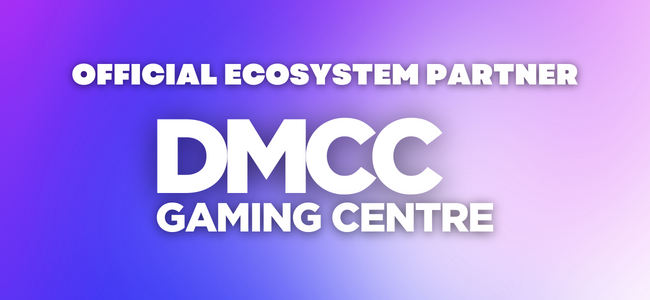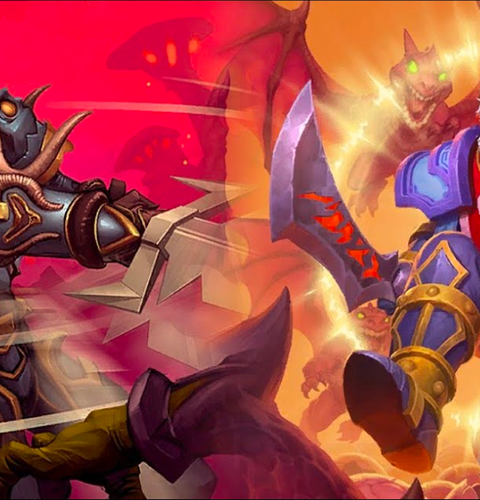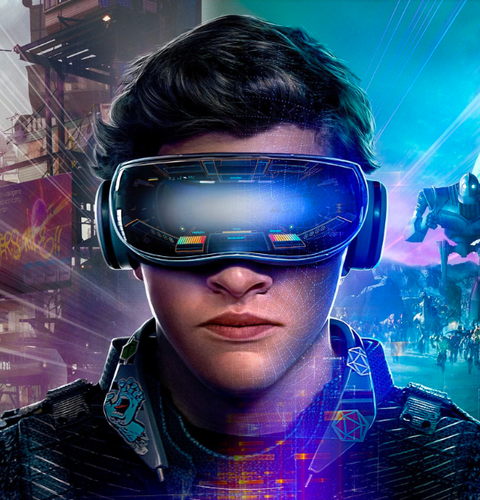In the diverse world of video game design, the right tools can make all the difference between a good game and a great one. Whether you are an aspiring game designer or a seasoned professional, these tools can streamline the design process, turning your vision into an immersive gaming experience. Here, we've rounded up some of the top tools to help you craft your masterpiece in 2023.
Unity: Unity remains one of the most widely-used game engines due to its flexibility and accessibility. It supports both 2D and 3D game development and provides a user-friendly interface that makes it a great choice for beginners. Its robust suite of tools for animation, audio, and scripting also make it an attractive option for more advanced developers. Plus, with its ability to export games to multiple platforms — including Windows, iOS, Android, and consoles — Unity offers a truly versatile development environment.
Unreal Engine: This is another powerful game engine that's particularly well-suited to 3D game development. Unreal Engine is renowned for its high-end graphics capabilities and particle systems, making it a popular choice for AAA games. It uses a visual scripting system called Blueprint, which makes it accessible for beginners, while also offering full C++ support for more advanced developers.
Godot Engine: As a free, open-source game engine, Godot has been gaining popularity for its simplicity and versatility. Its scene system and flexible scripting language, GDScript, simplify game structure and development. Additionally, Godot supports both 2D and 3D game development and can deploy to many platforms.
Blender: For 3D modelling, animation, and rendering, Blender stands out as a comprehensive and free solution. It offers a variety of tools for creating intricate 3D models, realistic animations, and even visual effects. Plus, Blender boasts a robust community and extensive online resources, making it easy to learn and master.
Adobe Photoshop: A classic choice for 2D art and textures, Adobe Photoshop continues to be an industry standard. Its extensive suite of tools makes it versatile for creating concept art, sprites, textures, UI elements, and more.
Aseprite: If you're looking to design pixel art for your game, Aseprite is a popular choice. Its user-friendly interface, combined with powerful tools for animation and sprite creation, make it ideal for developing 2D pixel art games.
FMOD Studio: This is a leading tool for creating and implementing rich, immersive audio in video games. FMOD offers a visual interface for designing complex audio behaviors and effects, and it can integrate seamlessly with game engines like Unity and Unreal.
Substance Painter: For 3D texture painting, Substance Painter is a fantastic choice. This tool enables you to paint directly onto your 3D models, allowing for intricate, detailed textures that can really bring your designs to life.
Visual Studio Code: When it comes to coding your game, a powerful text editor can be indispensable. Visual Studio Code is a free, lightweight, yet powerful source code editor with built-in support for a variety of programming languages, and has a wealth of plugins to make your coding experience smoother.
Trello or Jira: Game development can be a complex process, and staying organized is crucial. Trello and Jira are project management tools that can help keep your team (or just yourself) on track. Both offer features for task assignment, progress tracking, and collaboration.
Each tool and software has its strengths and is suited to different styles of games and levels of experience. The right combination can significantly streamline the game design process, helping you transform your ideas into a fully-realized game.
Remember that game design is not just about having the right tools. It's also about understanding game mechanics, storytelling, character development, and most importantly, creating an engaging and enjoyable experience for the players.
Finally, while the tools listed above are some of the most popular and widely-used, they're by no means the only options. As the game design industry continues to evolve, new tools are being developed all the time. Stay curious and open-minded, keep learning, and don't be afraid to try new tools or methods as they become available.
In the end, whether you're a novice game designer just getting your feet wet or an industry veteran looking to streamline your process, there's never been a better time to be in game design. The wealth of powerful, user-friendly tools at your disposal is truly astounding, and they're only getting better. So pick up those tools, and start creating!










